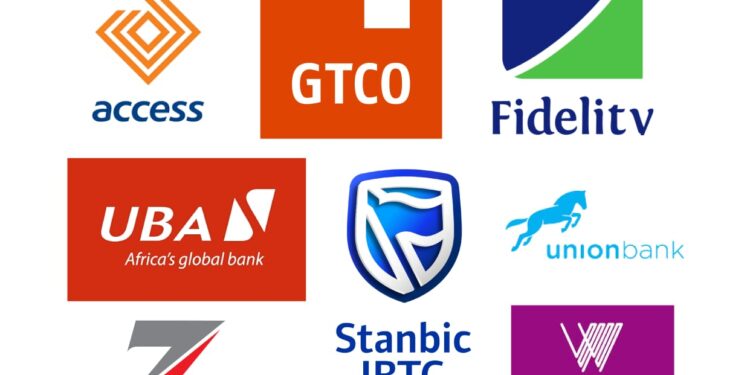In the final quarter of 2023, Nigeria witnessed a surge in capital importation, with the banking sector emerging as a primary beneficiary. According to data from the National Bureau of Statistics (NBS), several Nigerian banks attracted significant foreign investment during this period, signaling confidence in the country’s financial landscape.
Leading the pack is Stanbic IBTC, which secured the top position with an impressive capital importation of $499.45 million. This robust performance underscores the bank’s strategic positioning and effective management, making it a preferred destination for foreign investors.
Following closely is Citibank, one of the world’s renowned financial institutions, which attracted $299.06 million in capital importation. Citibank’s global presence and expertise contribute to fostering economic ties and enhancing Nigeria’s financial stability.
Rand Merchant emerged as another notable player, attracting $85.85 million in capital importation. The bank’s ability to draw substantial foreign investment highlights its reliability and appeal to international investors seeking opportunities in Nigeria.
First Bank, a longstanding institution in the Nigerian banking sector, secured the fourth position with $57.97 million in capital importation. The bank’s reputation and widespread presence continue to attract foreign capital, reaffirming its position as a key player in the industry.
Zenith Bank, known for its innovative financial solutions, took the fifth spot with $51.42 million in capital importation. This performance reflects the bank’s resilience and adaptability in navigating a dynamic economic environment.
Ecobank, a pan-African banking giant, secured the sixth position with $48.52 million in capital importation. With its extensive network across the continent, Ecobank serves as a bridge for investors looking to tap into Nigeria’s lucrative market.
Access Bank, a significant player in Nigeria’s financial landscape, attracted $36.7 million in capital importation, securing the seventh position. The bank’s strategic initiatives and commitment to innovation contribute to its appeal to foreign investors.
NOVA Bank made its mark in the eighth position with $33.5 million in capital importation, showcasing the potential for emerging financial institutions to attract foreign capital.
Standard Chartered, a global banking giant, claimed the ninth position with $14.4 million in capital importation. While modest compared to some local players, the bank’s presence underscores the importance of international institutions in Nigeria’s financial landscape.
Rounding up the top 10 is Union Bank, which attracted $10.0 million in capital importation. As one of Nigeria’s oldest financial institutions, Union Bank continues to play a significant role in attracting foreign investment.
The surge in capital importation reflects growing confidence in Nigeria’s banking sector and underscores the country’s potential as an attractive investment destination. With continued efforts to enhance regulatory frameworks and promote investor-friendly policies, Nigeria aims to sustain this positive momentum and drive economic growth in the years ahead.











